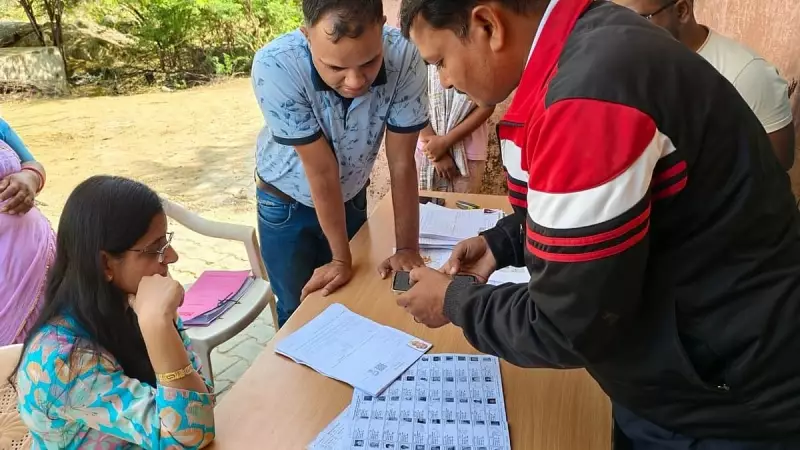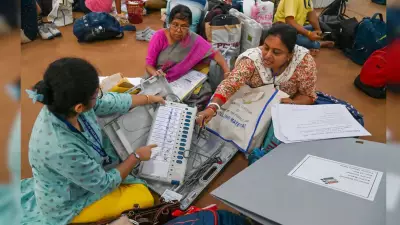
In a significant development for India's electoral process, West Bengal and Tamil Nadu have emerged as frontrunners in distributing enumeration forms despite facing local protests and resistance. The Special Intensive Revision 2.0 program has achieved remarkable progress in its initial phase, reaching millions of voters across multiple states.
Impressive National Figures
The Election Commission's latest data reveals that 37.05 crore enumeration forms have been successfully distributed to voters across 12 states and union territories. This represents 72.66% of the total 50.99 crore eligible voters in these regions within just the first nine days of the exercise.
The rapid distribution pace demonstrates the effectiveness of the SIR 2.0 initiative, which aims to update and verify electoral rolls comprehensively. The program, which began in early November 2025, has shown substantial progress despite operational challenges in some regions.
State-Wide Performance Variations
While several states have shown exemplary performance, West Bengal and Tamil Nadu have particularly stood out by achieving high distribution rates despite organized protests and local resistance movements. Their success highlights the determination of election officials to ensure comprehensive voter enrollment.
In contrast, Kerala has recorded the lowest performance among all participating states, with only 49.55% of enumeration forms distributed to eligible voters. This significant gap has raised concerns among election authorities about potential delays in the state's electoral roll revision process.
Complete Success in Union Territories
The Election Commission reported a perfect achievement in Lakshadweep, where all enumeration forms have been successfully distributed to eligible voters. This complete coverage sets a benchmark for other regions and demonstrates what can be accomplished with efficient planning and execution.
The substantial progress in form distribution across most states indicates strong public participation in the electoral process. However, the varying performance levels between states suggest that localized factors and administrative efficiency play crucial roles in the success of such nationwide initiatives.
As the SIR 2.0 program continues, election authorities are expected to focus additional resources on lagging states like Kerala to ensure uniform progress across all regions. The coming weeks will be critical for achieving comprehensive voter enrollment before the next electoral cycle.





